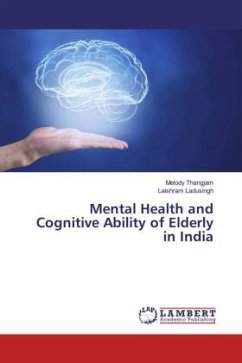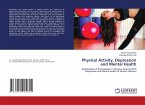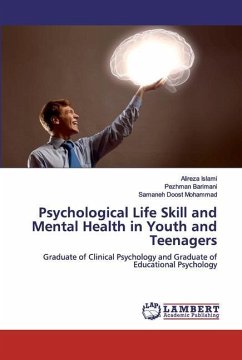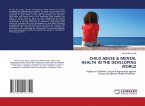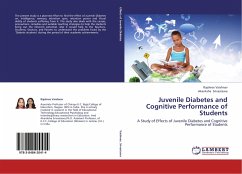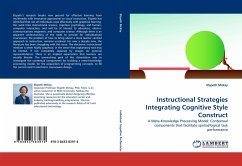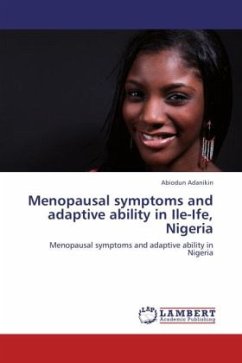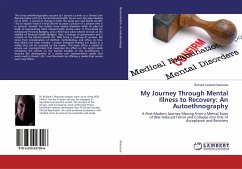Ageing is a genetically defined biological process of becoming older that induces changes not only in physical and biological conditions but also social relations, economic status, health and cognitive ability of a person. Demographically we assume the age of 60 to be the beginning of old age. On basis of this definition, the pace of ageing in India has become unprecedented due to the reductions in fertility and mortality rates, which is seen from the fact that the population of aged have increased to 57 million (1991 Census) from 20 million in 1951 (Census, 1951). Also, there has been a sharp increase in the number of elderly persons between 1991 and 2001. Further, it has been projected that by the year 2050, the number of elderly people would rise to about 324 million. India has thus acquired the label of "an ageing nation" with approx. 9.0% of its population is more than 60 years old (Census, 2011).

